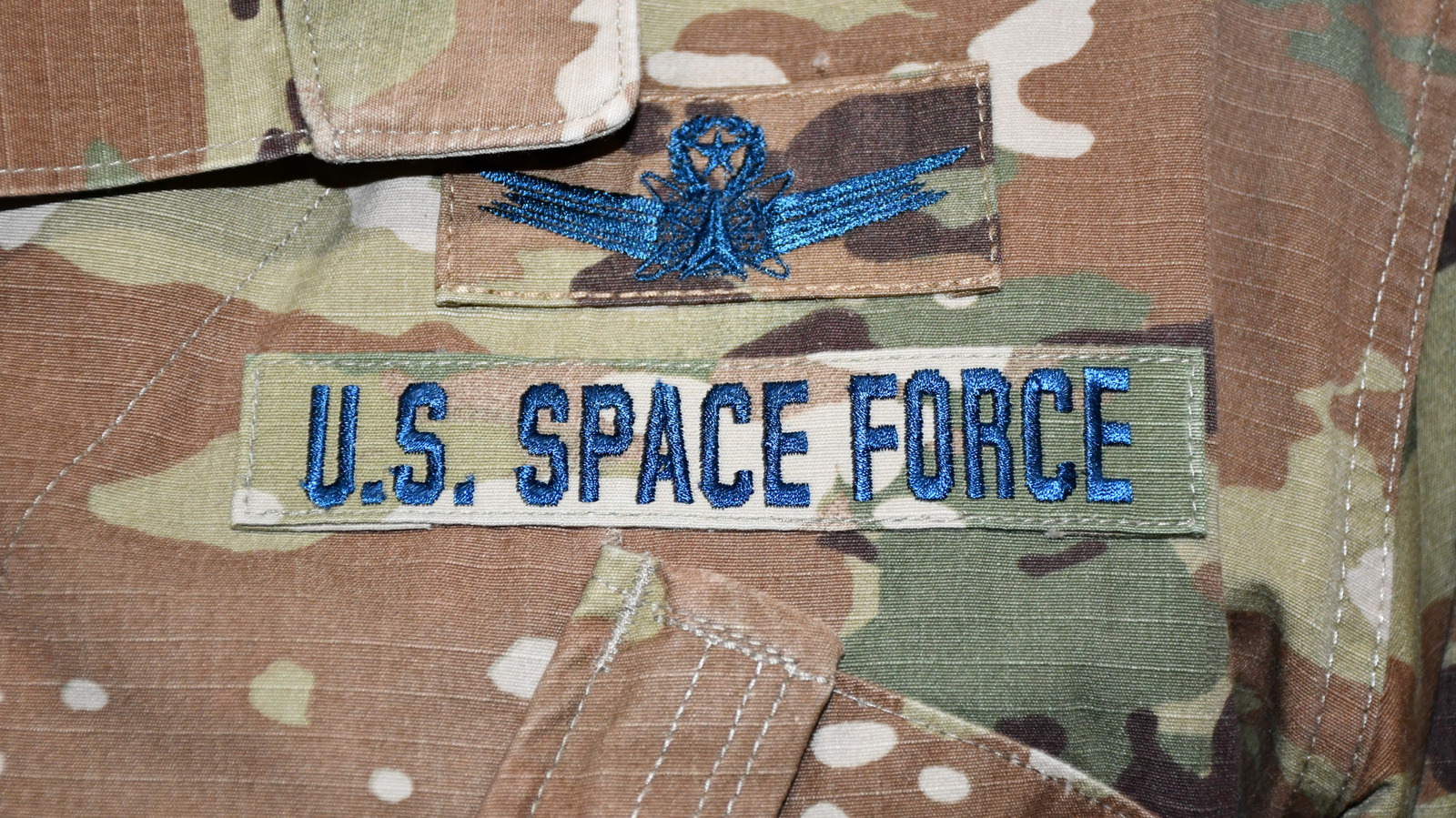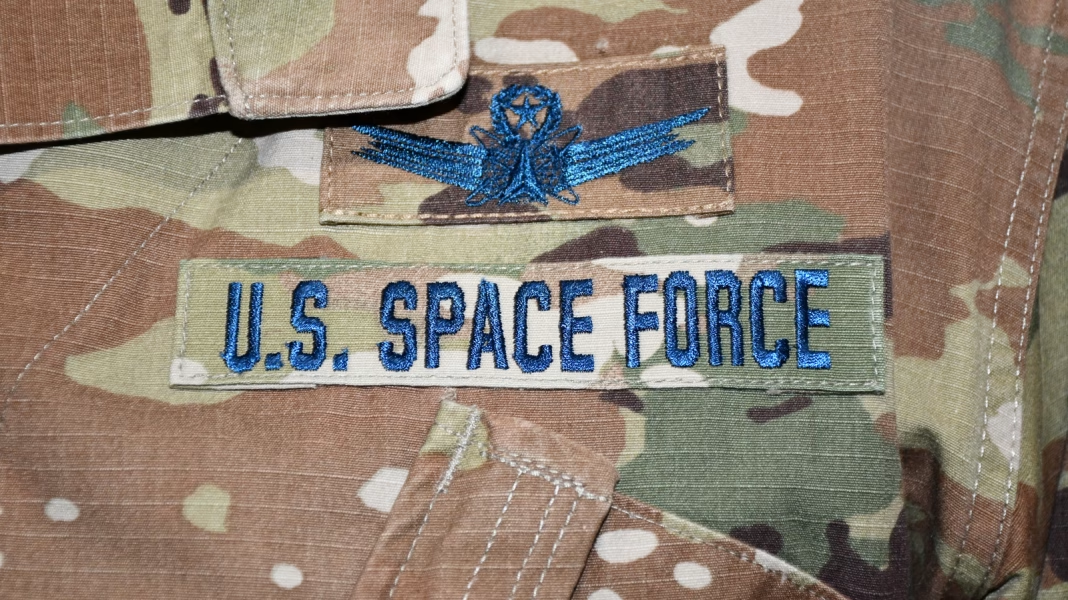What Exactly Does the U.S. Space Force Do?
The U.S. Space Force, established in December 2019, is the newest branch of the armed forces, and it’s not about battling extraterrestrial beings (at least, not yet). So, what’s the real deal with this branch? Let’s dive into the fascinating world of space operations and explore its mission, responsibilities, and why it matters to all of us.
Understanding the Mission of the Space Force
At its core, the Space Force is tasked with protecting U.S. interests in space. This includes ensuring the safety and security of satellites, which are crucial for communication, navigation, and surveillance. Think about it: our daily lives are intertwined with satellite technology. From GPS navigation in our cars to weather forecasting, satellites play a vital role. The Space Force aims to safeguard these assets from potential threats, whether they come from other nations or space debris.
The Space Force also focuses on developing new technologies and strategies to maintain U.S. superiority in space. This involves everything from advanced satellite systems to innovative defense mechanisms. As space becomes increasingly crowded—both with satellites and potential adversaries—the need for a dedicated force to manage these challenges becomes clear.
Key Responsibilities: More Than Just Defense
While defense is a significant aspect, the Space Force’s responsibilities extend beyond merely protecting assets. They’re also involved in space exploration and research. Collaborating with NASA and other organizations, the Space Force contributes to scientific advancements that can benefit humanity. For example, they’re exploring how to utilize space resources, like mining asteroids for materials, which could revolutionize industries back on Earth.
Moreover, the Space Force plays a crucial role in international relations. By establishing norms and rules for behavior in space, they help prevent conflicts and promote cooperation among nations. This diplomatic aspect is essential, especially as more countries and private entities venture into space.
Real-World Implications: Why It Matters
You might wonder, why should we care about the Space Force? The implications are vast. As technology evolves, so do the threats. Cybersecurity in space is a growing concern, with potential attacks on satellites that could disrupt communication and navigation systems. The Space Force’s role in safeguarding these systems is crucial for national security and everyday life.
Additionally, the Space Force is paving the way for future endeavors, such as manned missions to Mars or establishing a permanent presence on the Moon. These projects could lead to groundbreaking discoveries and advancements that benefit all of humanity. Imagine the possibilities of new technologies developed from space exploration—everything from improved medical devices to sustainable energy solutions.
A New Era of Collaboration
The Space Force isn’t operating in a vacuum (pun intended). They’re fostering partnerships with private companies and international allies. This collaboration is vital for innovation and efficiency. By working with commercial space enterprises, the Space Force can leverage cutting-edge technologies and reduce costs. This partnership approach is reshaping how we think about space operations, making it more accessible and collaborative.
The big takeaway? The Space Force isn’t about perfection—it’s about smarter adjustments. Start with one change this week, and you’ll likely spot the difference by month’s end. Whether it’s understanding the importance of space in our daily lives or recognizing the role of the Space Force in securing our future, there’s a lot to appreciate about this new branch of the military. As we continue to explore the final frontier, the Space Force stands ready to protect our interests and lead the way into a new era of discovery.


